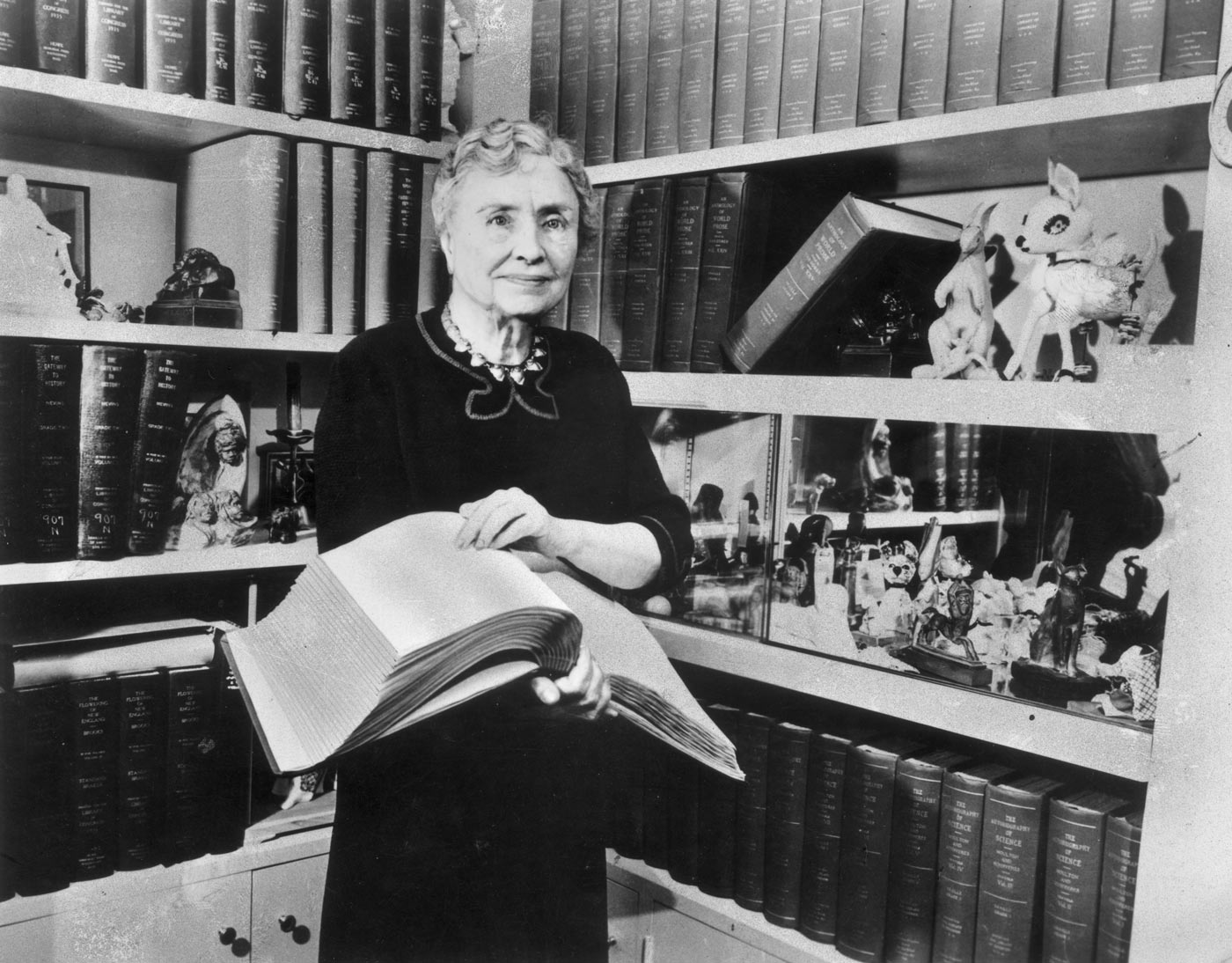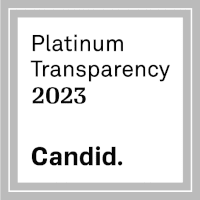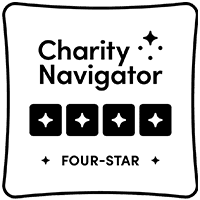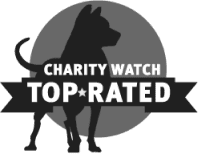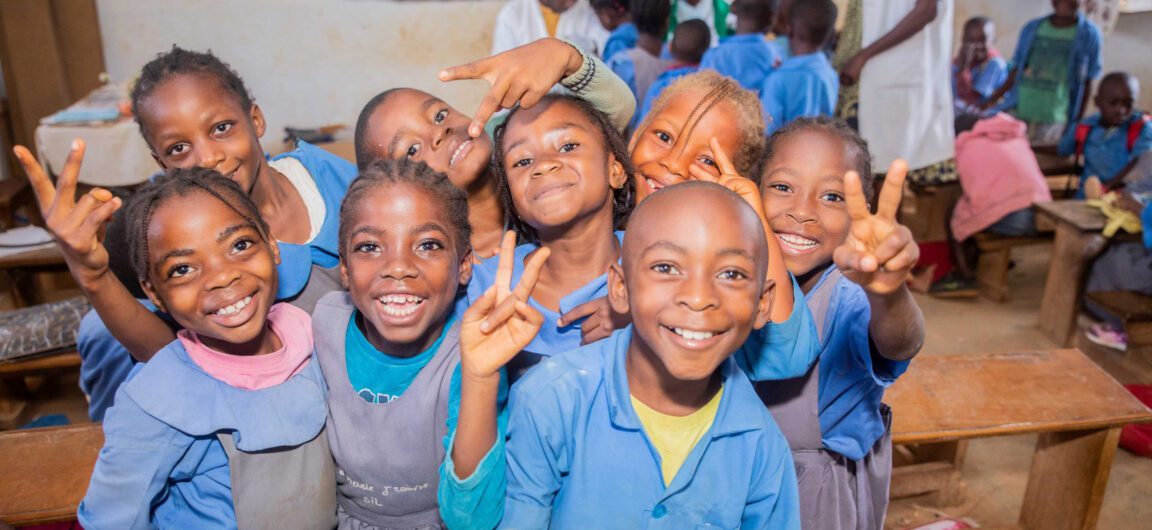
Speaking Technically: Investing in the Fight Against Neglected Tropical Diseases
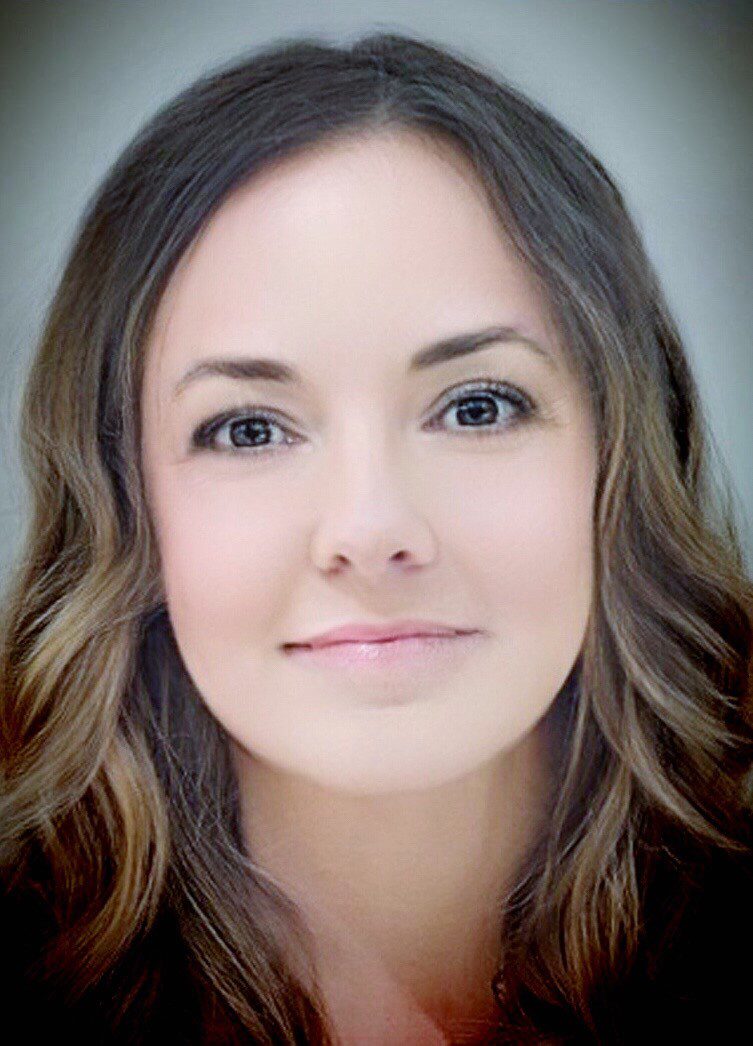
We recently spoke with Dr. Angela Weaver, Vice President for Neglected Tropical Diseases. Angela leads Helen Keller Intl’s work to control and eliminate these diseases – specifically lymphatic filariasis (elephantiasis), river blindness (onchocerciasis), schistosomiasis, intestinal worms (soil-transmitted helminths), and trachoma. Often called “diseases of poverty”, this group of parasitic and bacterial diseases can cause blindness, disfigurement, and disability and can have devastating impacts on the world’s most vulnerable populations.
Why are these diseases considered “neglected”? Who is most impacted by them?
Neglected tropical diseases, some of which have been around since ancient times, affect more than a billion people around the world. Yet they have often been overshadowed by more deadly diseases and haven’t always been high on the health agendas, resulting in insufficient investments and funding. Fortunately, this has changed in the past two decades.
When we say “neglected”, it’s really about the people who are impacted – individuals and families living on the margins, without access to a well-functioning health system. They have insufficient access to some basic needs, like clean water, sanitation, even education. These diseases can foster a cycle of poverty by limiting economic opportunities and causing ongoing, sometimes debilitating, health issues. When we reach people in areas most affected and provide preventive treatment for these diseases, we can interrupt that cycle.
What has been Helen Keller’s role in combatting neglected tropical diseases?
Helen Keller has decades of experience combatting neglected tropical diseases, starting in the 1950s with trachoma. We work closely with governments and other partners to scale-up programs to control, and sometimes eliminate, these diseases.
We help ensure resources and drugs – often donated by major pharmaceutical companies – reach the people most in need. We train and support tens of thousands of community health heroes to distribute medication within their own communities to everyone in the affected area, often through “mass drug administration.” And we focus on gathering evidence – identifying where treatment is needed, monitoring drug coverage, and conducting surveys to document our impact.
Today we work in eight African countries – Burkina Faso, Cameroon, Guinea, Mali, Niger, Nigeria, Sierra Leone, and Tanzania – to eliminate these diseases. We also support mass deworming of preschool-aged children in nine countries in Africa. Over the past 16 years, we’ve reached more than 85 million people with treatment for these diseases.
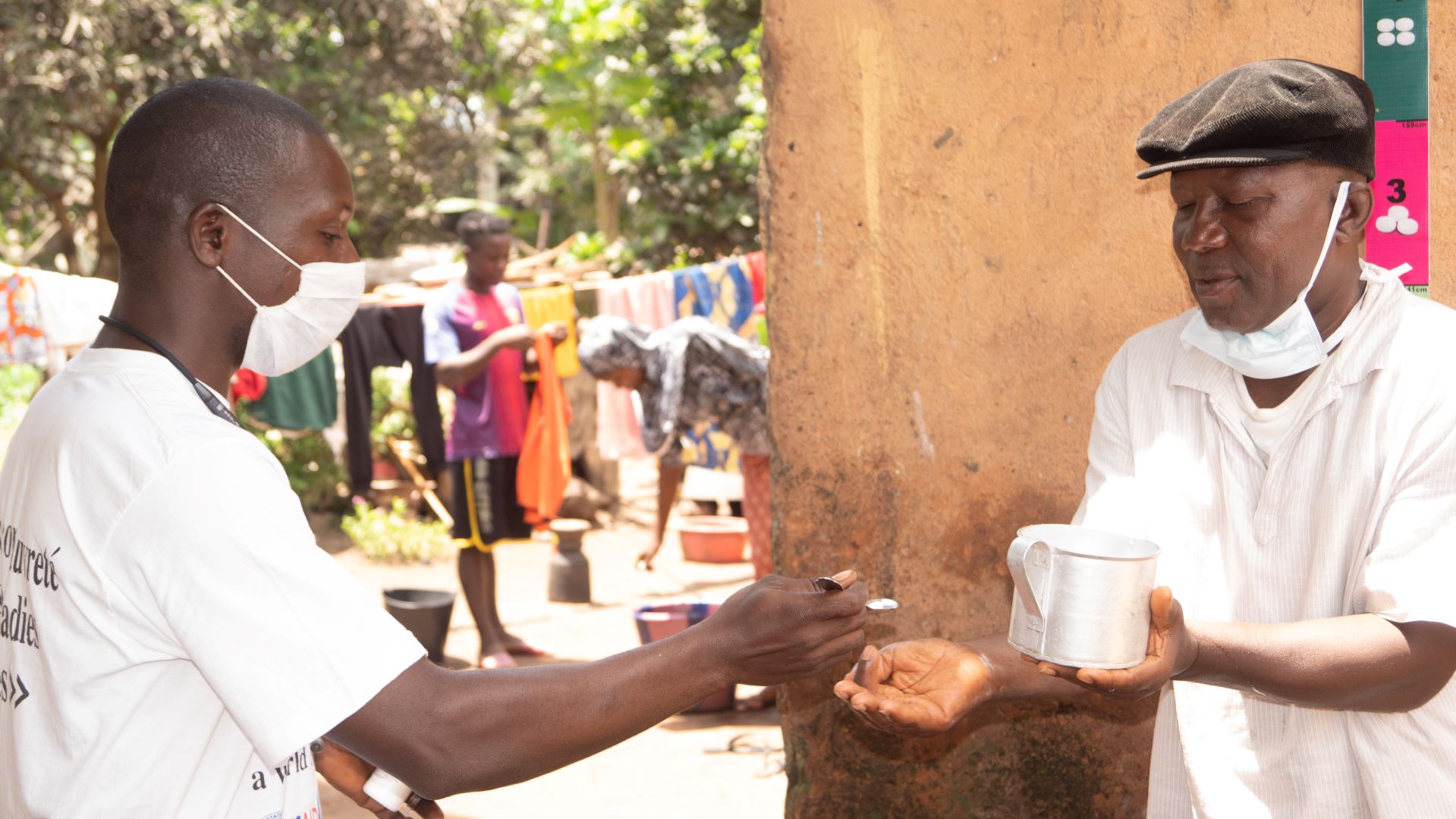
Why is it important to invest in treating and preventing these diseases?
Because it’s the right thing to do. Many of these diseases are treatable and preventable but neglected. In many cases we have the tools we need, it’s just a matter of having sound strategies, political will, and funding to ensure we can get them to people.
Despite the increased investment, there are still groups being left behind, including preschool-aged children. We partner with schools to ensure students are protected against schistosomiasis, but until recently, there was no drug suitable for younger children. Helen Keller is investing our own resources to pilot the distribution of a new pediatric drug for preschool children through our existing vitamin A work. If the pilot goes well, we can scale this approach up in other countries.
What happens once a disease has been eliminated? How can governments maintain the progress they have made?
It’s important to remember that elimination isn’t the same as eradication. For example, we’ve eradicated smallpox. It only exists in a lab now. For some neglected tropical diseases our goal is to control them, but others can be eliminated as a public health problem.
We’ve been working with host governments to look at these diseases more holistically. It’s not about a single disease and a single intervention. We need to support countries to strengthen their health systems so they can monitor these diseases and take appropriate action, as needed.
With more resilient health systems, the people living in these countries will also enjoy more stability and security in their health and the health of their families. They’ll also be able to overcome the social stigma, loss of economic opportunity, and mental health challenges that often go hand-in-hand with these diseases.
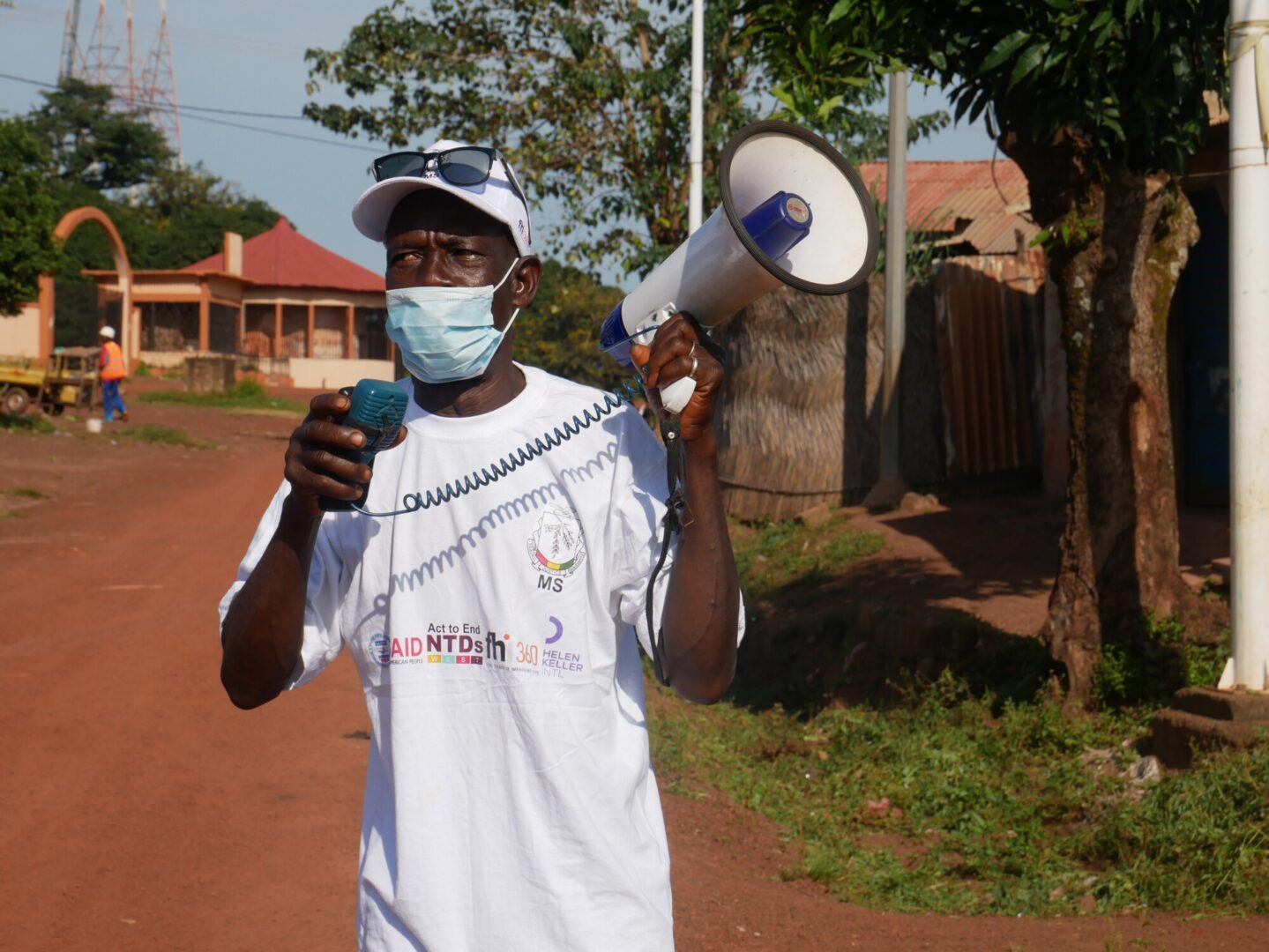
What does a world free of neglected tropical diseases look like?
These diseases can inhibit good health, a child’s ability to get a good education, and a family’s ability to be financially stable.
Last year, we were a proud partner in the elimination of trachoma as a public health problem in Mali. Hopefully soon, there will be an announcement about the elimination of river blindness in Niger – the first country in Africa to do so.
We also anticipate that by fall 2024, Burkina Faso, Cameroon, Guinea, Mali, Niger, and Sierra Leone, will no longer need mass treatment for trachoma or lymphatic filariasis. As a result, 110 million people across six countries will no longer be at risk of irreversible blindness from trachoma or experiencing debilitating limb swelling from elephantiasis, which can happen if lymphatic filariasis is left untreated.
Future generations will be the first in their countries’ histories to grow up without having to worry about contracting either of these diseases or the devastating social and economic consequences they can have on a person and their family.
By eliminating neglected tropical diseases, we’re helping people on that path to reach their true potential. This is our legacy. This is what we were built on and we’ve made achievements here. I think Helen Keller herself would be proud of our work in this space.
Helen Keller is the lead implementing partner for the USAID-funded Act to End NTDs | West Program in Burkina Faso, Cameroon, Guinea, Mali, Niger, and Sierra Leone. Helen Keller also receives funding for our neglected tropical disease work from the Taskforce for Global Health in Cameroon, Mali and Niger; the END Fund in Mali, Sierra Leone, and Nigeria; and Sightsavers in Tanzania and Nigeria.
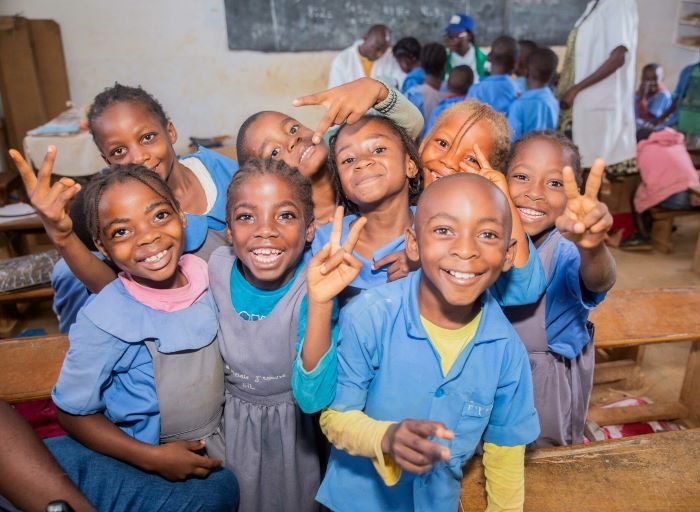
Help ensure children and families can live free of neglected tropical diseases.
